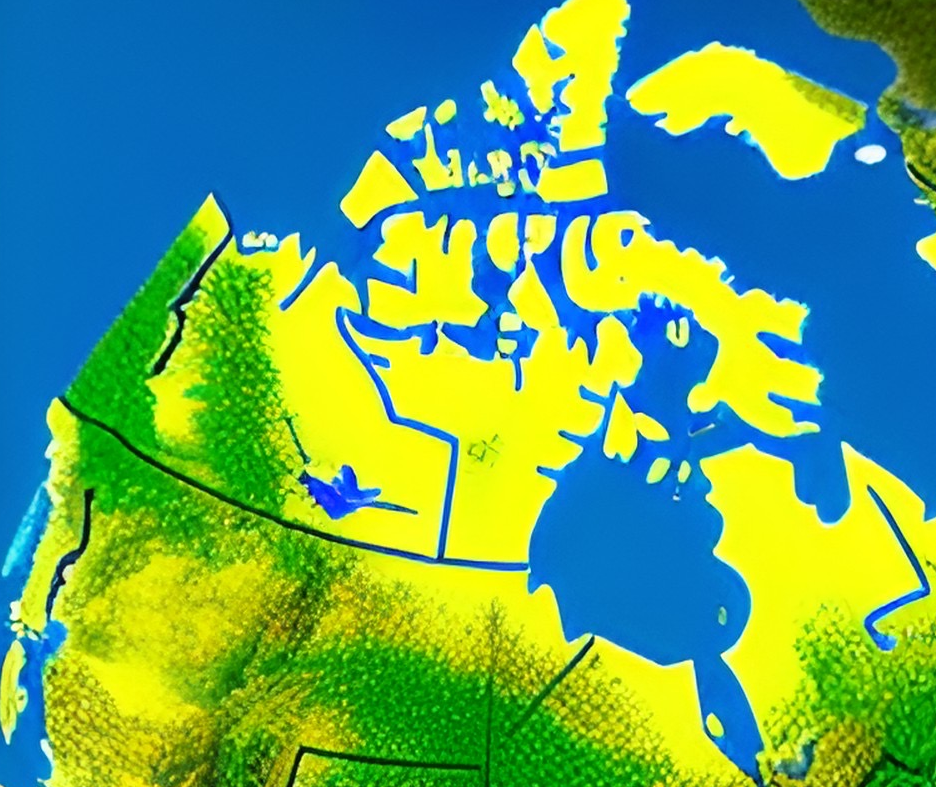- Air Homepage
- Employment
- Meteorology Tests
Meteorology tests to evaluate your career preparation.
Meteorology tests fall into a special category of tough science exams. Tests in weather forecasting are bound to challenge your understanding and memory skills, whether they're chapter tests in high school or certification exams from the American Meteorological Society (AMS).
Search for more about education.
Meteorology Tests and Careers: A Guide - Did you know the toughest science tests are the ones where you have to prove you can predict a tornado or a hurricane using nothing but complex physics? Learn the specific math and science skills you need to land a dream job in broadcasting and pass the rigorous meteorology tests.
Why study Meteorology with all its complexity, physics, and analytical demands, memorization, application, and practical exercises?
The study of the Earth's atmosphere and weather patterns is meteorology. Due to the complexity and variability of weather phenomena, and the need to understand atmospheric physics and dynamics, these tests can be tough.
At the high school level, meteorology tests may cover everything from pressure and temperature to the Coriolis effect and atmospheric circulation patterns. Often, these tests require students to memorize a lot of scientific terminology, formulae, and weather information.
Certification exams from professional organizations like the American Meteorological Society (AMS) are even harder, since they test knowledge and practical skills related to weather forecasting, analysis, and communication. This includes creative and sensible applications of knowledge. Multiple-choice questions, simulations, and other practical exercises are typically included in these exams to test a candidate's ability to apply their knowledge.
The complexity and variability of weather phenomena, as well as the need for a deep understanding of atmospheric physics and dynamics, make meteorology tests challenging. Meteorology tests require a combination of memory and analytical skills whether you're in high school or a professional.
Meteorologists and other atmospheric scientists belong to the AMS. You can become a certified broadcast meteorologist, or an operational meteorologist able to produce aviation forecasts. You can also get a consulting meteorologist certification.
A career in broadcasting
To raise standards in the industry and develop a better understanding of the issues involved in broadcast meteorology, the test for certified broadcast meteorologists was developed.
A degree in weather science is required to take the test to become a certified broadcast meteorologist (CBM). Also, you have to pass a test that covers written knowledge and verbal explanation skills. The CBM program started in January 2005.
however, by passing certain meteorology tests, broadcast meteorologists have been able to qualify for an "AMS Seal of Approval" since 1957. Weather forecasters and reporters who get this certification are recognized for their high quality work.
The AMS will let a broadcast meteorologist know how they did in some basic science skills, as well as some special topics related to weather like analysis, diagnosis, forecasting, and communication, if he or she wants to receive a Seal of Approval.
Those who have the Seal of Approval can take the exam to become a CBM without a degree. Check the rules if you don't have a degree.
You can start preparing for university meteorological courses and tests now if you're an aspiring weather reporter. A year of chemistry and physics, and all the high school math you can handle are recommended.
Even better if you can get AP classes or introductory college classes. Take earth science and astronomy courses too. Studying meteorology in college also requires foreign language classes and computer skills.
Looking for a job? Right here are some jobs you might be interested in.
Meteorology Tests for Canadians
Canada's weather can be tricky. The same goes for meteorology careers here. If you're interested in meteorology in Canada, you have several options. Here's what you can do:
 Funky Canuck!
Funky Canuck!- Find meteorology programs at colleges and universities in Canada. University of British Columbia, York University, and the University of Alberta all offer meteorology programs.
- Once you've found the schools you're interested in, make sure you meet their admission requirements. You'll usually need a high school diploma or equivalent, along with math and science courses.
- Apply to the schools you're interested in. Make sure you submit all of the required paperwork, including transcripts, test scores, and essays.
- Master's and Ph.D. degrees can help you specialize in a specific area of meteorology and increase your job prospects.
- Participate in internships or co-ops to get hands-on experience in meteorology.If you want to gain more experience, you can also volunteer or work part-time at local weather stations.
- Once you've finished your education and gained experience, you can start looking for jobs. Government agencies, private weather forecasting companies, and research institutions are all potential employers.
Meteorology careers in Canada generally require strong math and science skills, as well as a love of weather. Just like anywhere else. You can make a real difference in the field of meteorology in Canada with the right education and experience.
Preparatory meteorology tests
Or something crazy like music:It's good for you and That's what I do in my spare time
Right here are some jobs you might be interested in.Good luck with your career.
Go back from Meteorology Tests to the Environmental Health and Safety Jobs web page or visit the Stuff in the Air homepage.
Search this site for more information now.
What's the point of studying?
Pass Your Meteorology Tests with Flying Colors! Enter the relevant air science career of your choice afterwards.
Do you have concerns about air pollution in your area??
Perhaps modelling air pollution will provide the answers to your question.
That is what I do on a full-time basis. Find out if it is necessary for your project.
Have your Say...
on the StuffintheAir facebook page
Other topics listed in these guides:
The Stuff-in-the-Air Site Map
And,
Thank you to my research and writing assistants, ChatGPT and WordTune, as well as Wombo and others for the images.
OpenAI's large-scale language generation model (and others provided by Google and Meta), helped generate this text. As soon as draft language is generated, the author reviews, edits, and revises it to their own liking and is responsible for the content.




New! Comments
Do you like what you see here? Please let us know in the box below.